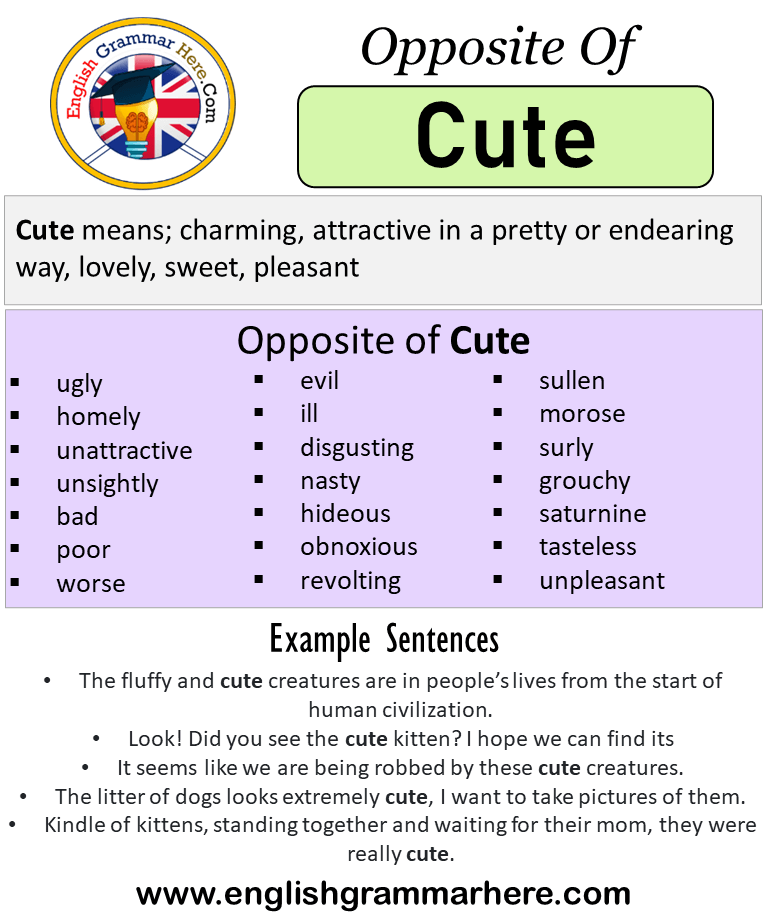

This is a nonce-word the ad-hoc creation of voicey is in keeping with that note’s observations, as this is a colloquial and undignified-sounding word that’s here synonymous with preachy, meaning that it is tediously moralistic or sententious. as beery, catty, churchy, jumpy, newspapery, piggy, tinny. the suffix has been used still more freely in nonce-words designed to connote such characteristics of a person or thing as call for condemnation, ridicule, or contempt hence such adjs. While all these words mean 'conforming to a standard of what is right and good,' moral implies conformity to established sanctioned codes or accepted notions of right and wrong. From the early years of the 19th cent. What is a word for having good morals Some common synonyms of moral are ethical, noble, righteous, and virtuous.Later new derivatives tend in a large measure to be colloquial, undignified, or trivial, as bumpy, dumpy, flighty, hammy, liney, loopy, lumpy, lungy, messy, oniony, treey, verminy, vipery some are from verbs, as dangly. to which it is addedĪfter describing many developments in Old English and Middle English, the OED notes: The general sense of this suffix is ‘having the qualities of’ or ‘full of’ that which is denoted by the n.The OED entry on this suffix is rather long, but the critical sense is immediately given by: Here the base word is clearly voice, which retains the ‑e‑ when the ‑y is appended as it does in dice > dicey, space > spacey, unlike in ice > icy, price > pricy. ends in e preceded by a vowel, the e is retained, as bluey, gluey in other cases there may be variation, as homey, homy, liney, liny, nosey, nosy.

ending in y, the convention of modern spelling requires it to be spelt ‑ey, as in clayey, skyey, wheyey. In Middle English it was variously spelled ‑i, ‑ye, ‑ie. Definition for Voice of the Customer (VOC): While an organization may hear many voices (Customer, Business, Employee and Process), it is the voice of the. The ‑y suffix, in certain cases spelled ‑ey, is a productive Modern English suffix deriving from Old English, where it was spelled ‑ig, much as in our cousin tongues Dutch and German. This is often done to convert between word-classes, such as from noun to adjective.
#Voicey synonym free
English is a language that’s free to create ad-hoc words by applying productive affixes to existing words via derivational morphology.


 0 kommentar(er)
0 kommentar(er)
